Is a Leader a Manager? Is a Manager a Leader? What is Leadership 🤔?
Through my experience as a “leader”, “people manager” and today as a “leadership coach” I often needed to clarify to my clients and partners what is the difference between those roles as they are often used interchangeably at work, leading to deep confusion.
I hope to provide some light in this article on the distinctions between these roles as I believe it is essential for navigating today's evolving workplace.
Manager vs. Leader: Is There A Difference?
A manager is a title assigned within an organization. Managers are responsible for overseeing projects, managing time, allocating resources, and coordinating teams. Their role is centered on maintaining order, ensuring efficiency, and meeting organizational objectives. Management is about OPTIMISATION and CONTROL.
Managers have their part to play in an organization. But it is important to acknowledge that a manager is not automatically a leader. Due to the nature of the role, this can lead to frustration within teams when they expect their manager to be a leader—someone who is there to motivate and encourage them.
In contrast, a leader is not defined by a title but by influence. Leadership is earned through trust, respect, and the ability to inspire and guide others. You can be recognized as a leader even without an official title, simply by the impact you have on those around you. Leaders are agents of change who focus on shaping the environment in which people operate—through culture, values, and vision—rather than directly managing tasks. Leadership is about CHANGE and IMPACT.
The Origins And Evolution Of Leadership
Leadership, as we understand it today, is a relatively new concept in the history of work. It emerged as an evolution of traditional management practices in the 1990s, reflecting changes in societal values and workplace dynamics. As the demands of qualified work and the complexity of organizations increase, what we once called 'management' must evolve. Consequently, we are witnessing a significant shift from management-focused approaches to leadership-driven ones.
In the past, organizations relied heavily on a 'command and control' approach—think of companies running like factories with repetitive and predictable work—where managers directed every aspect of the job. Today, however, there is a growing emphasis on leadership, prioritizing empowerment, ownership, and individual fulfillment in fast-moving environments where tasks are less predictable and require more creativity than mere execution. As employee expectations and job demands shift, organizations are adapting by moving away from rigid management structures toward more flexible, leader-centric models.
The thriving organizations of the future will need more leaders than managers.

The Role Of Coaching In Modern Leadership?
Now, let’s address that elephant in the room: “The Coach”.
Where does coaching fit into this mix? The term "coach" has become a buzzword today, often used broadly and sometimes ambiguously. Originating in the 1990s with figures like Sir John Whitmore (the father of the GROW model), coaching introduced a new paradigm in business and leadership—one that centers on the individual’s self-actualization, beyond just business goals and profit.

However, the concept of coaching has since expanded to include various definitions, such as sports coaches, business coaches, life coaches, and even self-proclaimed "guru coaches" like the Tony Robbins of the world. This broad usage has led to some confusion and mistrust in the field, particularly since coaching remains largely unregulated. While certifications exist (ICF, ACC, PCC…), they do not always guarantee quality, as coaching is as much about personal attributes as it is about skills.
No amount of money or diplomas can buy the high levels of empathy and intuition that are fundamental to being a good coach.
What Coaching Is—and Isn't
Before we define coaching, it’s important to clarify what it is not:
- Coaching is not therapy: It doesn’t involve diagnosing or treating psychological issues. Therapy is focused on examining the PAST. Coaching is looking into the possible FUTURE.
- Coaching is not advisory or mentoring: Coaching is not the same as advising or mentoring, which is often a point of confusion because people sometimes seek advice from a coach. However, that is not the coach's role. In coaching, the coach is fully focused on the coachee. In mentoring or advisory roles, the focus is more on the mentor, who passes on knowledge to the mentee. To simplify it, coaching is about growing MENTAL and SOFT skills. Mentoring is about HARD SKILLS.

So, what is coaching? At its core, coaching involves:
- Deep listening (see the 3 levels of listening): Understanding not just what is said, but what lies beneath the surface for the coachee.
- Connecting dots: Helping individuals see patterns and relationships that they might overlook.
- Highlighting conflicts within the coachee: Using visualization, mirroring, and questioning to bring underlying issues to light.
- Removing mental blockers: Assisting the coachee in overcoming internal obstacles.
- Unlocking potential: Working alongside the coachee to unlock their full potential.
And when do you need a coach?
- When you want to accelerate your growth
- When you are feeling stuck at work, and want a clear path forward
- When you are ready to reach the next level and unlock your full potential
- In all cases, you want to optimize your time = money
The Future of Leadership and Coaching
As workplace expectations continue to evolve, the role of coaching will become increasingly vital. Traditional management, with its focus on control, will give way to leadership that empowers and motivates. The new generation of workers seeks fulfillment and meaning in their work, and organizations must create environments where such individuals can thrive.
Coaching plays a crucial role in this transformation. It is built on principles of empowerment, trust, genuine care, and the belief in unlocking an individual’s potential. As these principles become more embedded in organizational cultures, managers will need to develop new leadership and coaching skills.
In a recent conversation with my business coach, we reflected on the term 'coach' itself. Not a perfect definition, but for now it is the best word to describe someone who partners with you in your personal growth.
Coaching is more than just a profession; it is a vocation. As a coach, I see myself as someone who stands by you in your darkest times and assists you in finding light on your path. For now, you can call me your career angel✨🪽


















.jpeg)



